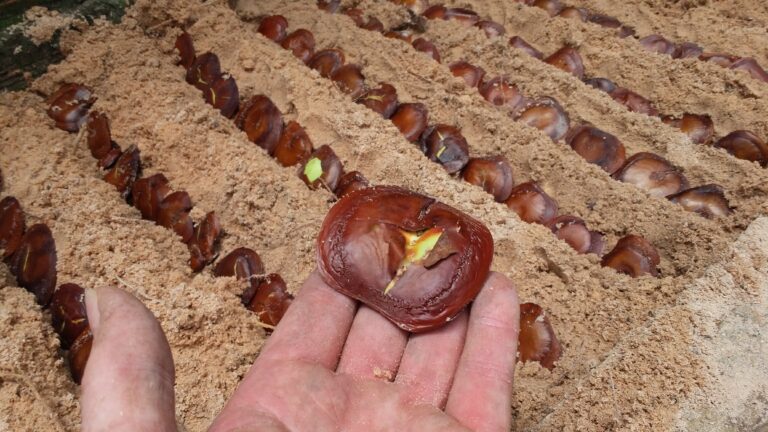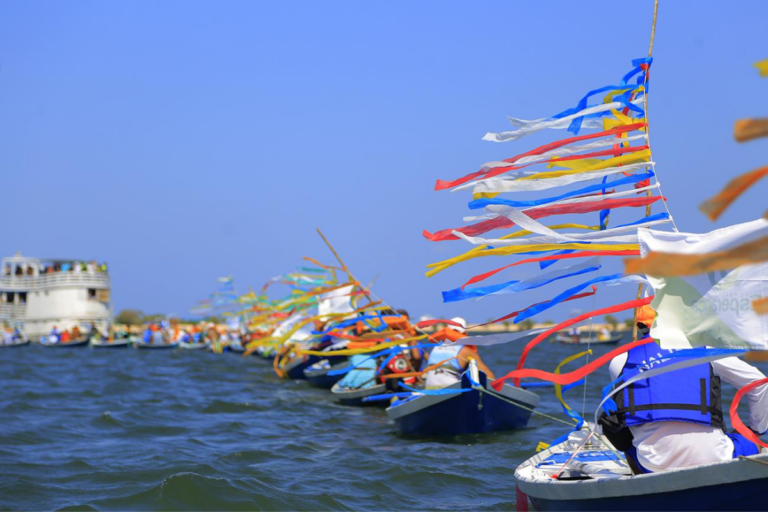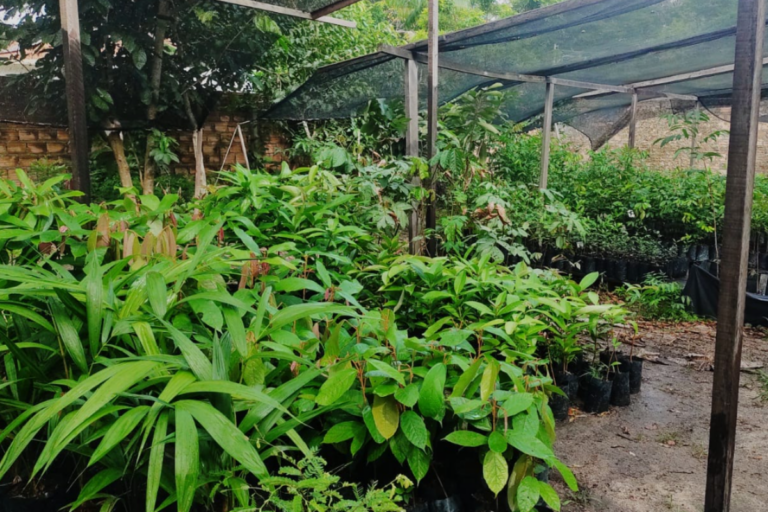Lower Tapajós
In the region of Alter do Chão, along the banks of the Tapajós River, ACRAA’s ecological restoration efforts are transforming degraded areas into thriving spaces of life and biodiversity. Since 2020, ACRAA has been working to restore riparian forests, streams, and flooded woodlands—critical ecosystems for protecting water resources and maintaining local ecological balance. With its own nursery, the association has cultivated and planted over 1,000 native trees, including species such as açaí, andiroba, comandá, pirauxí, and others essential for forest regeneration. The Impact of Restoration Each seedling planted by ACRAA represents a step toward restoring native vegetation, helping to: Protect springs and riverbanks, preventing erosion and siltation; Reestablish habitats for Amazonian wildlife, including birds, primates, and pollinating insects; Enhance climate resilience, contributing to the balance of the local microclimate. Beyond reforestation, ACRAA integrates Indigenous traditional knowledge and scientific expertise, partnering with Borari communities and institutions like UFOPA to ensure restoration is both…
Baixo-Tapajos
REGIÃO AMAZÔNICA DO BAIXO-TAPAJÓS Reconhecida internacionalmente por suas belezas naturais a Região Amazônica do Baixo-Tapajós também chama atenção pela complexidade socio-ambiental que apresenta. Berço de 14 etnias indígenas diferentes, esta região também é constituida por ribeirinhos, imigrantes, garimpos ilegais, grandes fazendas de soja e outras monoculturas, tudo isso envolto de um ecossistema complexo e diverso. Previous Next Previous Next Além da imprecionante biodivercidade que abriga a Região do Baixo-Tapajos, com suas florestas milenares, seus rios, igarapés e igapós, este território faz parte do maior aguífero do mundo, o Aquífero Alter do Chão. Este aquífero está distribuido por uma extensa área da região Amazônica, ocupando uma área aproximada de 410.000Km². O grande volume de água deste aquífero o torna extremamente importante para o fornecimento de água doce para as populações que vivem nestas regiões. A conservação e sustentabilidade do aquífero Alter do Chão também perpassa pela conservação da floresta, pois boa parte…
Ecological Restoration
Ecological Restoration at ACRAA: Reviving the Amazon’s Vital Ecosystems At ACRAA, our ecological restoration work goes beyond simple reforestation – it’s a science-based process of reviving entire native ecosystems. Since our founding in 2020, we’ve specialized in restoring critical habitats including the riparian forests of the Alter do Chão-PA region, Riparian forests along the Tapajós River and fragile wetland ecosystems (igarapés and igapós). Our Proven Methodology: Native Seed Collection: We carefully gather seeds from local tree and shrub species, collecting from the plants native to the ecosytems we are restoring Nursery Cultivation: At our dedicated nursery in Alter do Chão, we nurture these seeds into robust seedlings Strategic Planting: We plant these native seedlings in degraded areas using ecological best practices Previous Next Tangible Impact (2020-2025): ✓ 1,000+ native trees planted in high-priority areas ✓ Focus on combating erosion due to wind on the Ilha do Amor – the “postcard”…
Environmental Education
We see environmental education as one of the fundamental pillars for building a social and economic system that is sustainable and in harmony with the environment. Studying the environment we live in is not an isolated factor, environmental education also reaches socioeconomic, political, cultural and historical problems through the direct or indirect interaction of these fields with the environment. The planning of an environmentally conscious education is focused on the environmental responsibility of each person, being able to achieve behavioral changes in students making them influential and active in the defense of the environment. In this context, ACRAA created the “ACRAA at School” program, with the aim of promoting and stimulating environmental awareness among students in kindergarten and basic education, with priority given to indigenous schools in the Baixo Tapajós region. We already have projects under development in two indigenous schools of the Borari ethnic group (in Alter do Chão)…
Sustainability
Sustainability That Transforms: Forest Gardens and Agroforestry in the Amazon At ACRAA, we develop sustainability projects that go beyond conservation—we create productive systems that regenerate the forest while supporting local livelihoods. Our initiatives multiply productive green areas, from small family forest gardens to community agroforestry systems, forming a network of sustainable landscapes in the heart of the Amazon. Why is this work essential? For local communities, these systems represent a reconnection with ancestral forest management practices, now enhanced by sustainable techniques. Forest gardens ensure food security with native species like açaí, cupuaçu, and Brazil nuts, while preserving local biodiversity. For non-Indigenous farmers in the region, agroforestry offers a viable economic alternative to predatory expansion, proving that it’s possible to generate income while keeping the forest standing. Previous Next Our Integrated Approach: Seedling Distribution: We provide 30+ species of productive native seedlings, selected in dialogue with each community. Restoration That Nourishes:…



